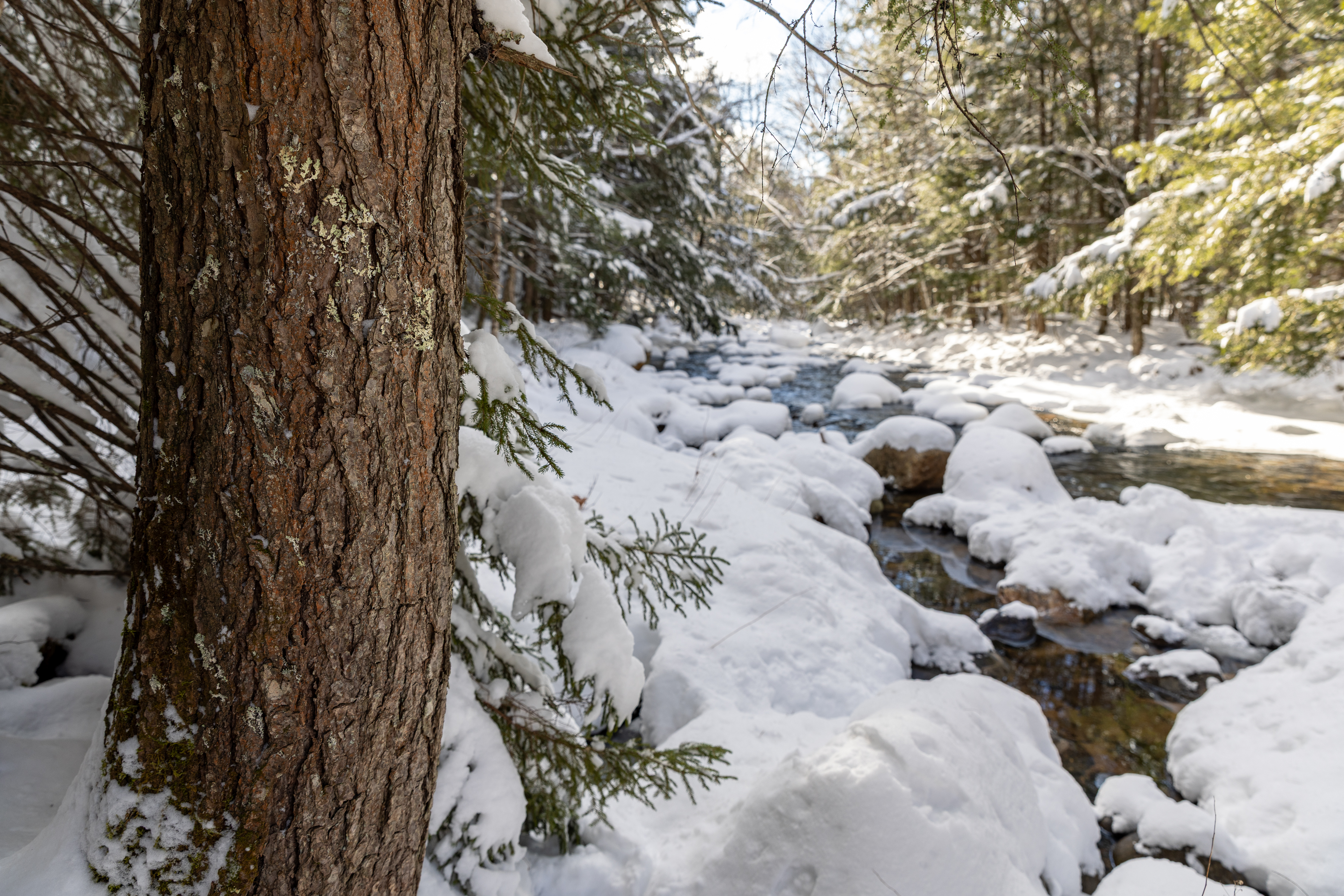The following op-ed appeared in the Montreal Gazette in July 2014
By Will Abbott and Jack Savage
Many people in Quebec may not be aware that their crown corporation, Hydro-Quebec (HQ), has been making busy making new enemies south of the border in New Hampshire. HQ has partnered with a U.S. company, Northeast Utilities (NU), to propose a private overhead transmission line from (Windsor? Des Canton?) to the international border, then on from there across 187 miles of New Hampshire’s landscape.
Despite NU’s repeated attempts to mend fences, it is safe to say that this project, known in New Hampshire as “Northern Pass”, is troubled. It has been four years since the project was announced, claiming then that construction would start in 2013 and the electrons would begin to flow southward in 2015. Today the project is arguably further from becoming reality than it was in 2010, facing determined opposition from landowners, business interests, elected officials, and well-funded organizations like the Society for the Protection of New Hampshire Forests, the Appalachian Mountain Club, and the Conservation Law Foundation.
New Hampshire does not like “Northern Pass”, and as a result both Northeast Utilities and Hydro-Quebec are widely disparaged as evidenced by signs and bumper stickers.
Among the complaints are these:
- Some object to the large-scale flooding that HQ is imposing on the Quebec landscape, and challenge the claims that this power is in any way more environmentally friendly. Projects like Romaine would not be permitted under U.S. regulations, and many have no interest in enabling such destruction.
- The great number of objections are to the proposed means of transmission—overhead lines supported by more than 1,500 towers up to 47 meters high across two-thirds of the state of New Hampshire, including 29 towns and two cities. We already host one such transmission line used by Hydro-Quebec, an underutilized line controlled by a competitor to Northeast Utilities, and we do not want another.
- There has been no determination of need for the project. New Hampshire already generates more electricity that it consumes. We care deeply about our scenic landscape, have built a tourism economy around it, and see no reason to allow the Quebec government, in league NU, to damage it for their mutual profit.
- Some U.S. business interests view HQ as unfair competition, subsidized by Quebec taxpayers, and believe New England should instead look to home-grown means to matching electricity supply and true need.
Perhaps the stiffest challenge facing HQ and NU is the fact that they do not have a legally permittable route for their proposed line. HQ funneled some $40 million (U.S) toward land purchases over the last two years, but are stymied by landowners instead choosing to protect their land from transmission infrastructure by granting conservation easements to the Society for the Protection of New Hampshire Forests. The U.S. Department of Energy has no site-approval authority in New Hampshire. Without the use of eminent domain (expropriation)—which is prohibited for a private project like Northern Pass by the state constitution—the best HQ and NU can hope for is a protracted legal battle with dim chances to prevail.
The most expedient way for HQ to export more electricity to New England is to work with partners who are willing to bury transmission lines along existing transportation corridors. Two such projects involving HQ are moving forward in New York and Vermont using innovative undergrounding technology. It is feasible to bury such infrastructure in New Hampshire, as existing pipelines and cable attest, especially along roads and rail lines.
It is up to Quebec to decide whether or not HQ should continue its large-scale hydro projects or will generate enough electricity to support more export. But ff HQ and NU are to build a new transmission line in New Hampshire, they need to withdraw the Northern Pass proposal and put forward a project that completely buries the transmission line along appropriate state-owned transportation corridors. Failing that, the Society for the Protection of New Hampshire Forests will stand with the thousands of people who are saying no to Northern Pass and defend our state.
Will Abbott is Vice President of Policy/Reservation Stewardship and Jack Savage is Vice President of Communications, for the Society for the Protection of NH Forests
